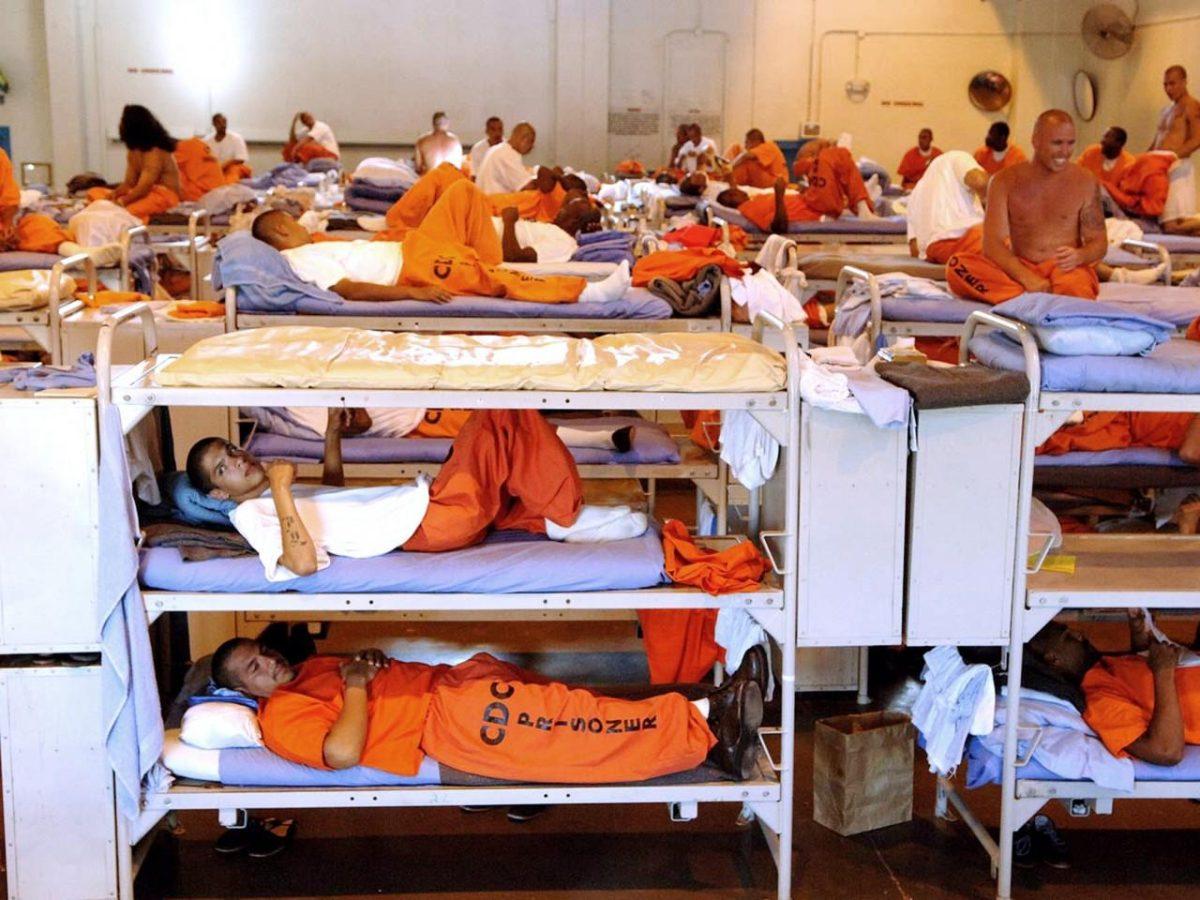Tangipahoa Parish officially acknowledged that voters shot down a proposed tax Tuesday which would have funded a new parish jail. The half-cent sales tax was expected to bring in $8.67 million a year to make more space for incoming inmates.
That makes total sense. Let’s tax our citizens so we can build a new jail for criminals instead of implementing a tax to help relieve our education crisis, which would help combat crimes in the first place.
Did Tangipahoa Parish really think its residents would fall for that?
While the people of Tangipahoa shot down the proposal for a jail tax, they approved the renewal of a tax that helps fund their parish library. A smart move credited to voters.
But it won’t be long before other parishes try to pull what Tangipahoa did because of money. Sheriffs are paid $24.39 a day on average, per inmate. They benefit from higher incarceration rates.
Let me repeat that. According to research done by the Department of Corrections, the more people who are in jail, the more sheriffs get paid. This is happening in Baton Rouge just as much as Tangipahoa, and unless people open their eyes to this corruption, it’s bound to continue.
Gov. Bobby Jindal cut higher education funds for our current fiscal year, leaving us with $11 million less to spend than anticipated, according to The Times-Picayune. Meanwhile, Louisiana remains No. 1 in incarceration rates. There are numerous studies linking education levels and crime.
If education cuts continue, there is no doubt that our prison overflow will rage on. This is what we should be fighting if our state wants to get out of the No. 1 hot seat.
But even with these blunt facts, it seems like our government won’t shy away from its conflicting prison plans.
There are a number of ways we could combat our overflowing prisons. For example, Louisiana is one of six states where all life sentences are served without parole.
Why? Probably to keep inmates in jail and money in sheriff pockets. If we changed this law, it would dramatically reduce the number of beds needed in jails, not to mention it would reduce the money spent on inmate hospital care.
The LSU hospital system spent $40.7 million on statewide inmate hospital care in 2010, according to the Vera Institute of Justice. Our system is so messed up that most people don’t even know where to begin fixing it.
Here’s an idea — if we simply must put even more money into our prison systems, we should use that money to fund rehabilitation programs for the inmates. That way they have a significantly lower chance of being incarcerated again after their release.
Inmate rehabilitation is a path many states are adopting. Ohio saw its rate of recidivism drop 11 percent after putting more money into programs designed to reduce the chances of ex-convicts ending up back behind bars.
Louisiana should head in that direction if residents want to see a dent in incarceration rates any time soon. It would help break the cycle that so many people face when re-entering society after imprisonment.
Most rehabilitation programs involve an education component. Allowing inmates the chance to achieve an education, or even a degree, will prepare them for a functional life after their release. Again, we see the correlation between education and lower crime rates.
Tangipahoa Parish residents noticed this fact. The people are on the right track, now we just need our leaders on board.
Annette Sommers is an 18-year-old mass communication sophomore from Dublin, Calif.
Opinion: Taxes should be used for education, not incarceration
November 13, 2013
Supreme Court







